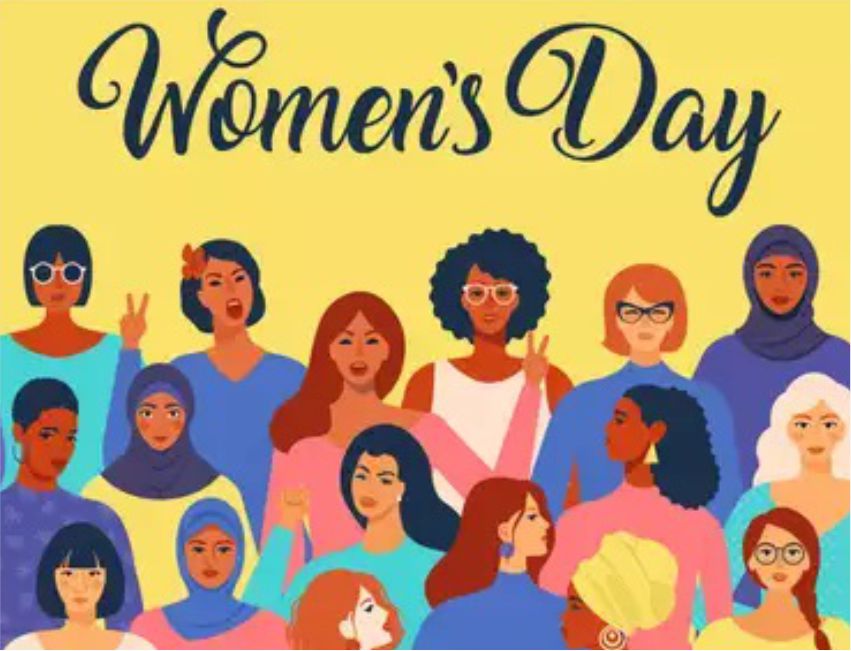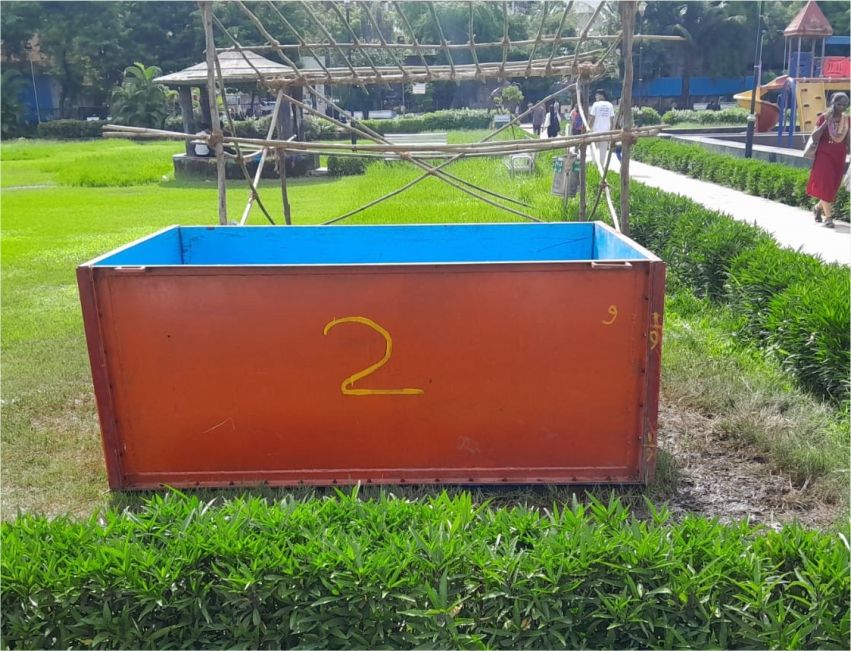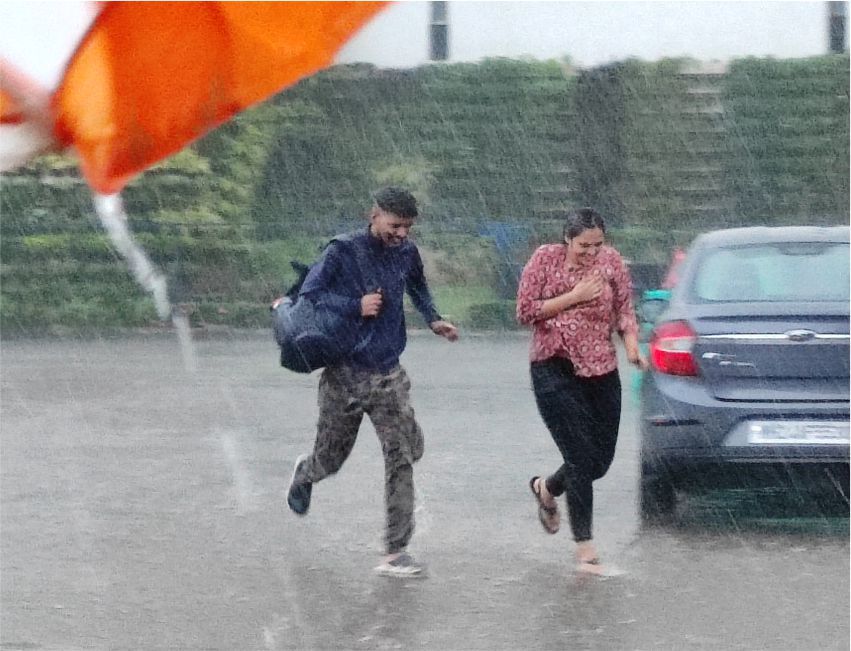Know about the origins and history of International Women's Day

- Christopher Rodrigues
- 07 Mar, 2024
International Women's Day (IWD) has its origins in the early 20th century and has evolved through a combination of social, political, and labour movements.
The first National Women's Day was observed in the United States on February 28, 1909, organized by the Socialist Party of America. It was intended to honour a strike by the International Ladies' Garment Workers' Union the year before, where women protested against poor working conditions. The idea of an International Women's Day was proposed by Clara Zetkin, a German socialist, at the International Conference of Working Women in Copenhagen. The proposal received unanimous approval from over 100 women representing 17 countries.
The first International Women's Day was celebrated on March 19 in Austria, Denmark, Germany, and Switzerland, with rallies and demonstrations advocating for women's rights to work, vote, and hold public office. More than a million men and women attended these events. IWD was moved to March 8, and this date has been observed as International Women's Day ever since. In 1914, women in Europe held rallies to protest World War I and to advocate for peace.
The United Nations officially recognized International Women's Day, and it began celebrating it on March 8.
India also has its own unique history and context regarding Women's Day celebrations:
Historical Context: The roots of Women's Day celebrations in India can be traced back to the early 20th century when women began actively participating in the independence movement against British colonial rule. Women leaders like Sarojini Naidu and Annie Besant played significant roles in advocating for women's rights alongside the larger struggle for independence.
Social Reforms: India has a rich history of social reform movements aimed at addressing gender inequalities and empowering women. Leaders like Raja Ram Mohan Roy, Jyotirao Phule, and Savitribai Phule advocated for women's education, widow remarriage, and the abolition of oppressive social practices like sati and child marriage.
Modern Women's Rights Movement: In contemporary India, Women's Day serves as a platform to highlight the achievements of women across various fields, including politics, science, literature, sports, and the arts. It also serves as a reminder of the ongoing challenges women face, such as gender-based violence, discrimination, and unequal access to opportunities.
Government Initiatives: The Indian government and various organizations often organize events and programs to commemorate Women's Day. These may include seminars, workshops, cultural performances, and awards ceremonies recognizing women's contributions to society.
Women's Empowerment Programs: Women's Day in India also serves as an occasion to launch or promote initiatives aimed at empowering women economically, socially, and politically. These initiatives may focus on issues such as women's education, healthcare, entrepreneurship, and political participation.
Women’s Day in India is a multifaceted celebration that reflects the country's rich history of women's activism and its ongoing efforts to achieve gender equality and women's empowerment.





